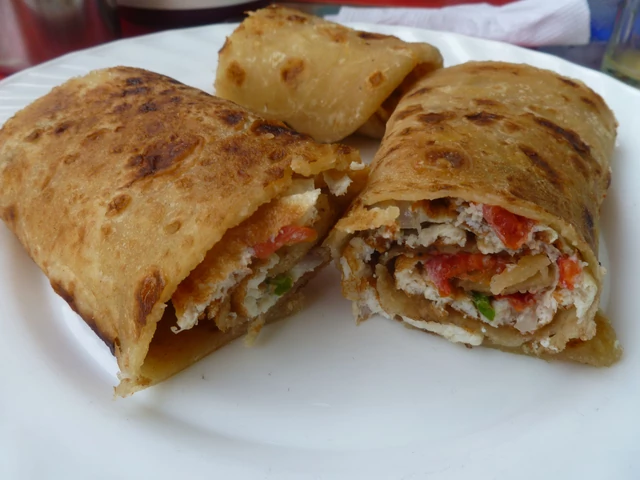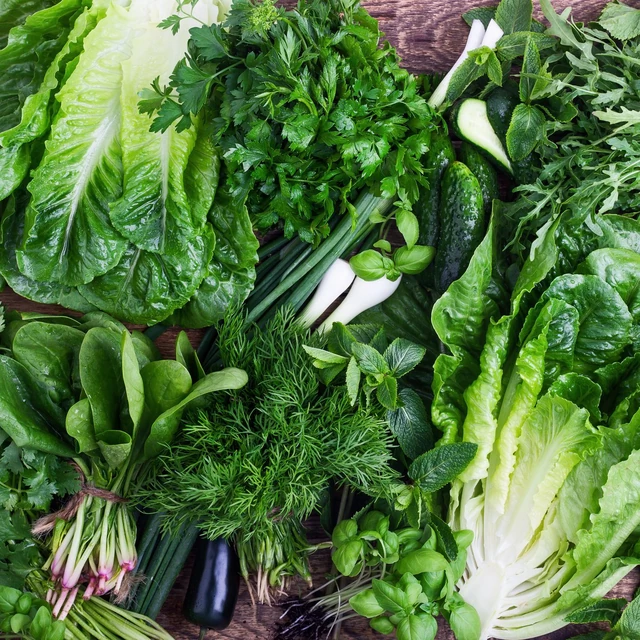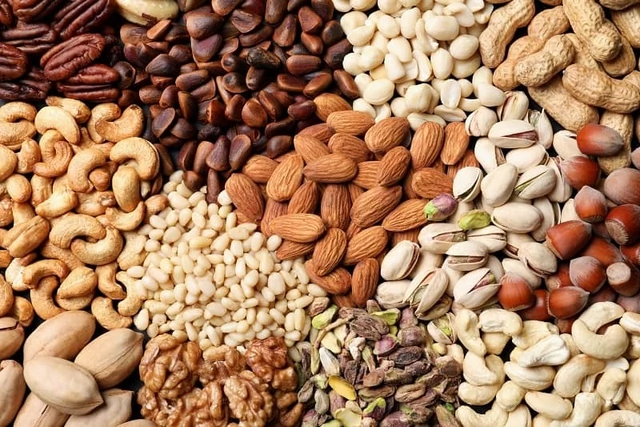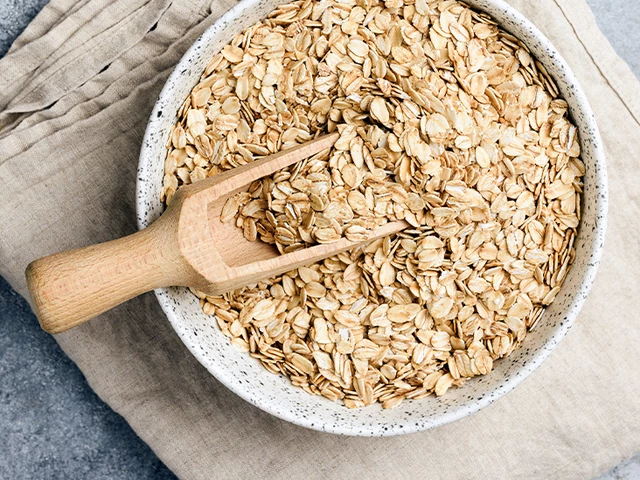As fast as children whiz from classroom to activity to home and back again, their brains are just as rapidly growing and changing.
The foods they eat are important. These years are critical for brain development, and what they eat affects focus and cognitive skills.
1. Rolex
The protein and nutrients in eggs help kids concentrate, according to nutrition experts.
How to Serve It: Fold scrambled eggs into a whole-grain chapatti (yes, Rolex) for a filling breakfast or late-afternoon snack. The protein-carb combo tides kids over until the next meal with no sugar-induced energy crash. You can also try serving egg salad sandwiches or a few deviled eggs.

2. Yogurt
Fat is important to brain health. A full-fat yogurt (which has more protein that other yogurts) can help keep brain cells in good form for sending and receiving information.
How to Serve It: Fortunately, children tend to love yogurt. Pack yogurt in a lunch with some fun mix-ins like cereal and berries. Berries contain nutrients called polyphenols. Dark chocolate chips are another option because they have polyphenols, too. These nutrients are thought to keep the mind sharp by hiking blood flow to the brain.

3. Greens
Full of folate and vitamins, spinach, broccoli and kale are linked to lower odds of getting dementia later in life. Kale is a superfood, packed with antioxidants and other things that help new brain cells grow.
How to Serve It: For some kids, greens are a hard sell. So rather than serving a salad, you may want to try some different ideas:
Whip spinach or kale into smoothies for snack time.
Add spinach to omelets or lasagna.
Make kale chips. Cut kale from stems/ribs, drizzle with olive oil and a bit of salt, and bake.

4. Fish
Fish is a good source of Vitamin D and omega-3s, which protect the brain from declining mental skills and memory loss. Salmon, tuna, and sardines are all rich in omega-3s.
The more omega-3s we can get to the brain, the better it will function and the better kids will be able to focus.

5. Nuts and Seeds
Packed with protein, essential fatty acids, vitamins, and minerals, nuts and seeds may boost mood and keep your nervous system in check.
If you cant get your kids to eat the nuts or seeds, peanut butter (odi) on bread is a good alternative. Sunflower seeds are rich in folate, vitamin E, and selenium. So get hold of sunflower seeds.

6. Oatmeal
Protein- and fiber-rich oatmeal helps keep heart and brain arteries clear. In one study, kids who ate sweetened oatmeal did better on memory-related school tasks than those who ate a sugary cereal.

7. Apples and Plums
Kids often crave sweets, especially when they’re feeling sluggish. Apples and plums are lunchbox-friendly and contain quercetin, an antioxidant that may fight decline in mental skills.
How to Serve It: The good stuff is often in the skin of fruit, so buy organic, wash well, and put the fruit in a bowl for quick snacks.



